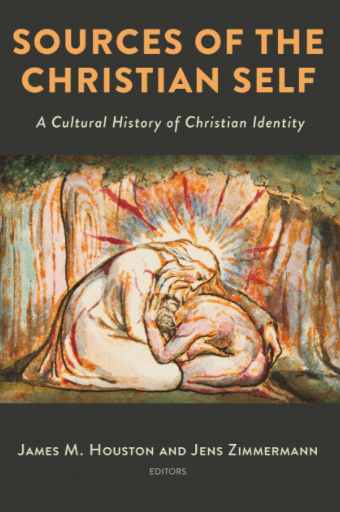 What does it mean to be a self that is Christian? What is Christian identity?
What does it mean to be a self that is Christian? What is Christian identity?
These are the questions in the magnificent tome edited by James Houston and Jens Zimmermann, Sources of the Christian Self: A Cultural History of Christian Identity. A big big volume, second-to-none for those studying Christian identity, and written but dozens of authors and specialists.
From this time forward it would be by the name “Christian” that the followers of Jesus would be identified. But what did this term denote for believers down through the centuries? What did it mean to identify oneself as a Christian in different times and places? This is the question posed by this book. The basic calling of a Christian is to identify with “the name” wholly and simply, in a way that one’s confession of Christ becomes the most essential fact of one’s life. But this calling upon every generation of believers takes place under cultural conditions and, indeed, under changing cultural conditions, wherefore it should be possible to write a history of Christian self-identity from the early church to the present. This book is a beginning and a modest contribution to the construction of such a cultural and social history, exploring what it has meant for women and men to identify with Christ in very different contexts—under the state persecution of Diocletian, under the Constantinian privileges of the Nicene era, on the oriental borders of the Byzantine Empire, during the collapse of Romanitas in the late antique period, and so on, through the various episodes in the history of culture, East and West, during which the Holy Spirit has been at work gathering a people who confess that Christ is Lord under their unique conditions, each one saying, “I am Christianos.”
First, the authors write in light of the fundamental shift in epistemology from a reductive model of truth advanced by scientific rationalism in modernity to a richer, more complex concept of human knowing developed by “postmodern” paradigms of knowing.
Second, the essays are written with a clear sense of the cultural changes in terms of personhood and identity that have developed from premodern to modern culture.











